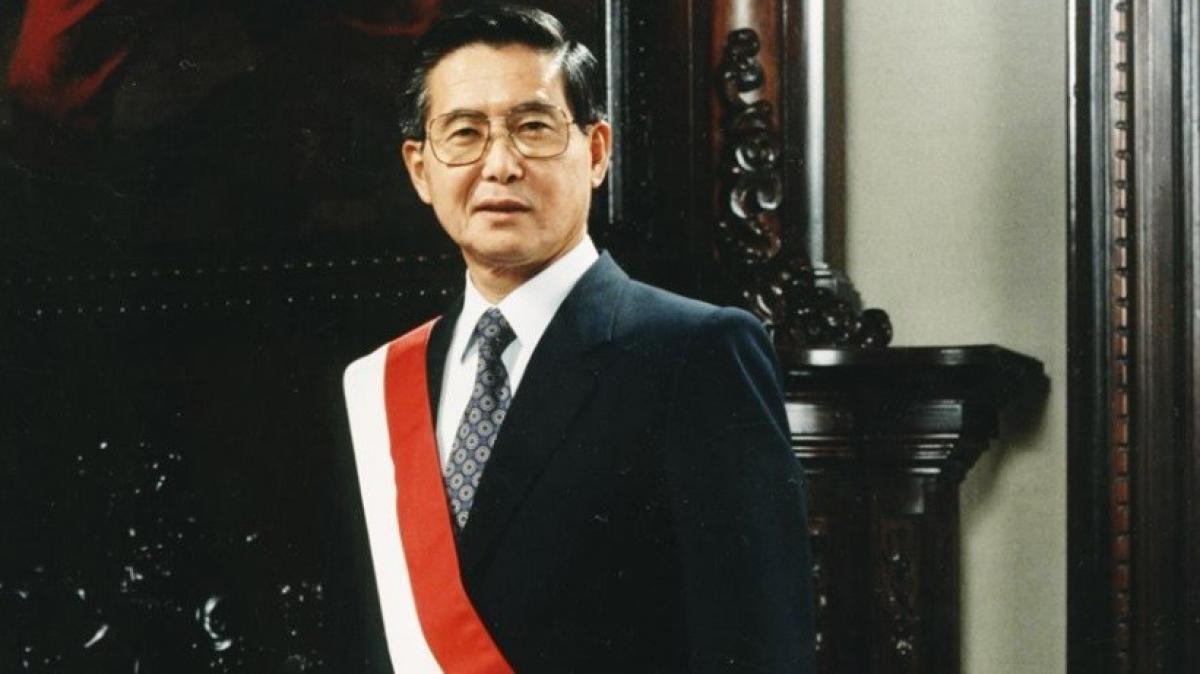RIO DE JANEIRO, BRAZIL – Twenty-eight years ago, in April 1992, then-President Alberto Fujimori – elected two years earlier as an outsider who vowed to fight the political establishment – surprised Peruvians with a national broadcast at 10:30 PM.
He analyzed the country’s situation and protested against the “old politics,” the obstructionist stance of the opposition-controlled legislature and the judiciary – groups that, he alerted, had united to prevent the country’s change and the success of its administration.

He complained of “anti-national parliamentarianism” contaminated by the “vices of chieftaincy and clientelism”. The politicized and corrupt justice system, according to him, was to blame for the “inexplicable liberation” of drug traffickers and terrorists, who destabilized the country and precluded the construction of a “real democracy”.
He paused to take a sip of water and calmly announced that an “exceptional approach” was required to foster national reconstruction, involving the suspension of Congress and the Constitution, the “complete reorganization” of the judiciary, the Prosecutor’s Office and the Comptroller General’s Office.
Tanks surrounded the parliament, and countless journalists and deputies were arrested or abducted, including the Chamber and Senate presidents. In a dramatic moment, the host of Radio Antena, a Peruvian broadcaster, reported live the intrusion of police officers into the studio and, before the signal was cut, he called on the population to protest against the coup d’état.
In vain. At that time, the dictatorship was beginning, marked by systematic human rights violations, censorship of newspapers, a judiciary controlled by the President, systematic corruption, international isolation, and a leader who tried to perpetuate himself in power.
Fujimori gambled everything and won: the majority of the population supported the coup, and his approval rate initially rose when he began to rule by decree.
Despite his conviction and imprisonment in 2008 for human rights violations, an opinion poll in 2012 showed that 47 percent of Peruvians believed the constitutional break was necessary in the face of the threats Peru was facing at the time – particularly the actions of the guerrilla groups Movimento Revolucionario Túpac Amaru (MRTA) and Sendero Luminoso (“Shining Path”).
It comes as no surprise, therefore, that Fujimori’s coup is the object of inspiration and admiration for political leaders with authoritarian ambitions to this day. While most authoritarian Presidents like Chávez, Ortega, and Erdogan need years in power to erode democracy, the Peruvian achieved it in only two years.
The Peruvian case shows that popular resistance against coups is lower when there is a threat, whether real or imaginary, that frightens the population to the point that it is willing to give up its political rights to extricate itself from it. The Peruvian president had masterfully fueled the fear of chaos in order to justify the coup as a stabilizing measure.
The key to a successful coup d’état, therefore, consists of convincing the majority of the population that a threat is so grave that exceptional measures – a constitutional breach – become necessary, even when, as in the Peruvian case, there is little evidence that the dissolution of Congress has eased the fight against terrorism.
Quite the opposite. Through the coup, Fujimori destroyed his greatest source of power in the fight against the guerrillas: his constitutional legitimacy. Since a coup can never be viewed as an initiative prompted by a desire to concentrate power, but always as a reaction to some allegedly major problem, the first step of any authoritarian leader is the fabrication and promotion of threats.
Worldwide, leaders with authoritarian ambitions adopt the same strategy. In the United States, Donald Trump never tires of conjuring up threats from China, Islam, and immigrants. In Hungary, Viktor Orbán has for years promoted fear of immigrants, the European Union, gays, and George Soros in the population. In Venezuela, Chávez always alerted to the imperialist threat.
In Brazil, President Bolsonaro prompts his followers to protest against social distancing measures that, according to him, represent a threat to freedom, the economy, or even democracy.
Thus, protests against social distancing measures are not a coincidence. Rather, they are the product of a sophisticated strategy of instilling constant fear and mobilization against an enemy – the governors, the Federal Supreme Court, China, the World Health Organization, and Communism, as Foreign Minister Ernesto Araújo recently contended.
Whatever challenges arise in a country – immigration, global climate change, unemployment, globalization, a pandemic – the authoritarian apprentice will wonder how he can convert the predicament into something genuinely frightening for much of the population.
The incitement of collective insecurity by instilling fear is, therefore, the basic task of any authoritarian, in order to be able to project himself, in the end, as the savior of the homeland that protects the population from the many threats, and to justify exceptional measures that purportedly defend the country.
The greatest fear of any authoritarian leader is to be deprived of a threat or enemy: absent exceptional circumstances, there will be no support for exceptional measures.
That is why the pandemic is a great opportunity for many leaders with authoritarian ambitions around the world – as in Hungary, where, with backing from a controlled parliament, the prime minister seized the health crisis to establish a more authoritarian government.
After all, as Fujimori understood almost 30 years ago, frightened people feel a greater need for direction, protection, and order. When people are deeply uncertain about the future, they tend to support measures that they believe, rightly or wrongly, will save them – even if it means giving up their political rights.
Source: Oliver Stuenkel, El País

